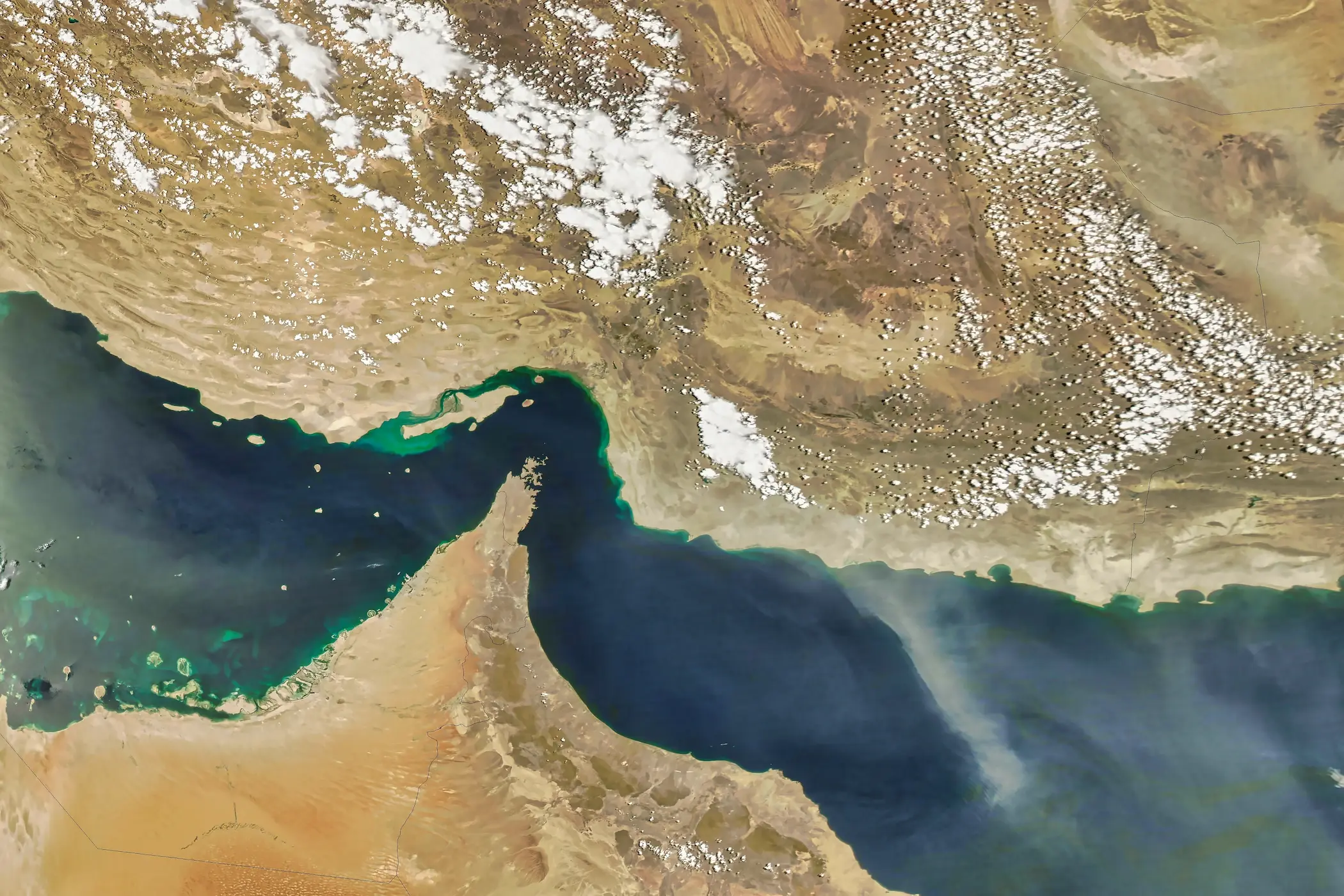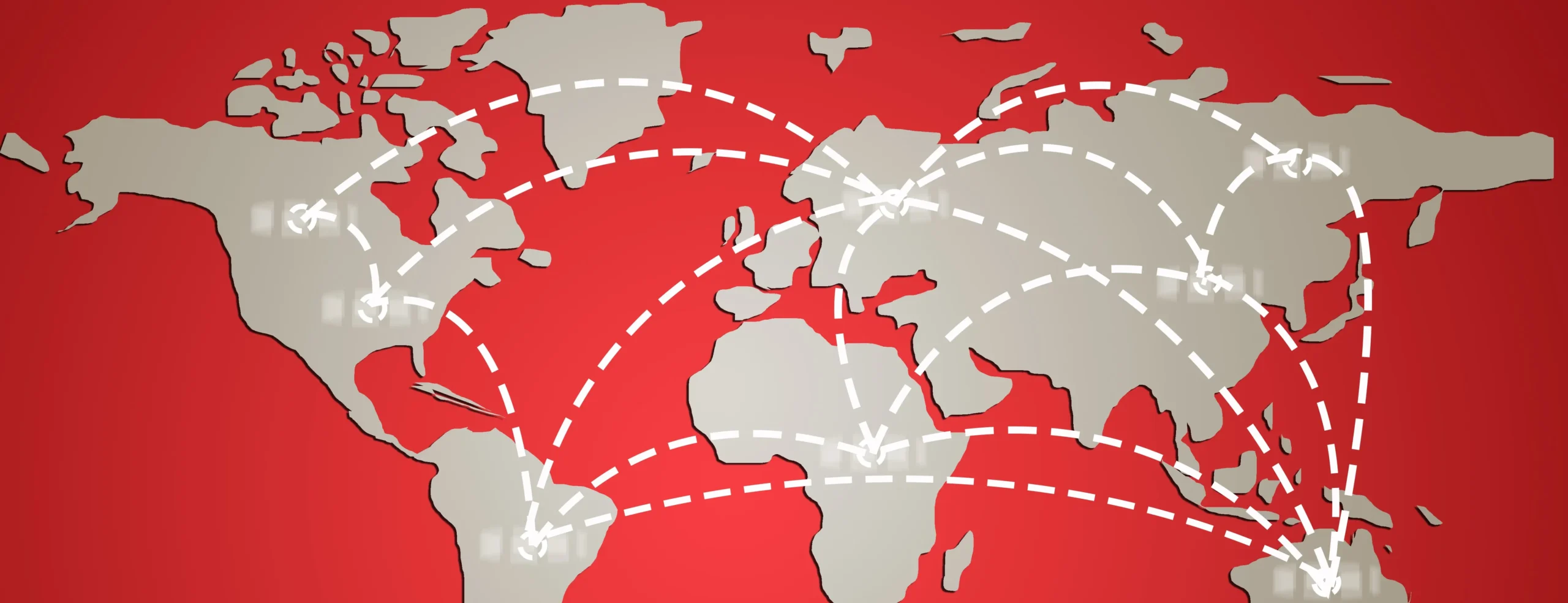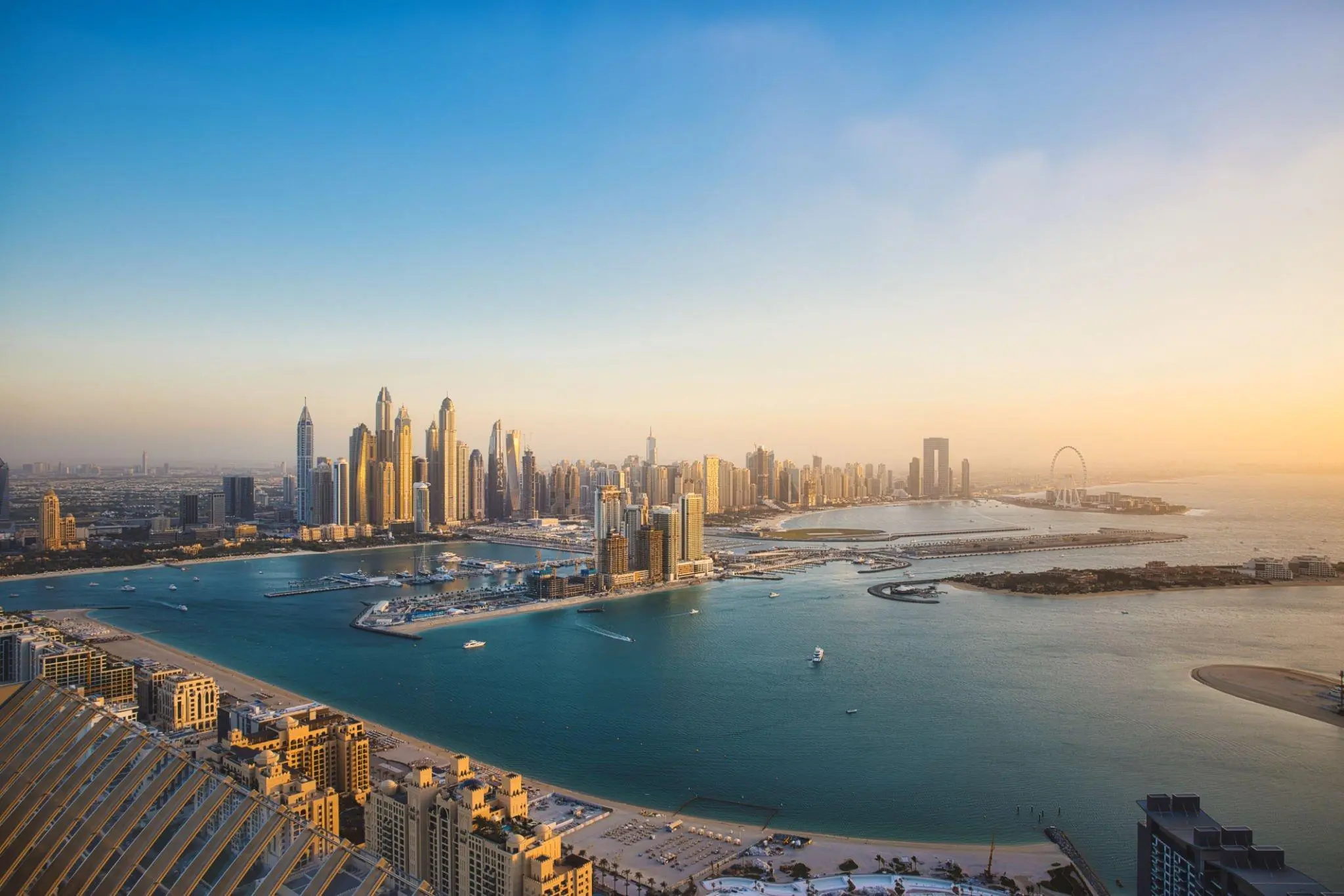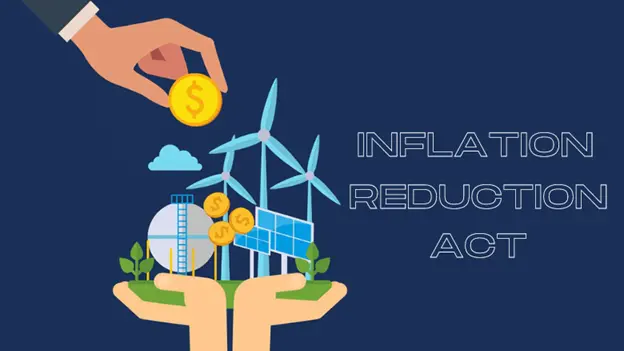The idea of building floating cities at sea has long drifted between science fiction fantasy and Silicon Valley ambition, but in the late 2000s it developed into a real-world project known as seasteading. Presented as a bold libertarian experiment, it promised an escape from taxes, governments, and regulations, offering wealthy backers the chance to create new societies beyond the reach of any state. For its supporters, this was not about fixing broken systems but about starting from scratch in international waters, rewriting the rules in the name of freedom, innovation, and limitless possibility.
Yet as this idea edges closer to reality, the questions it raises grow more urgent: who are these new societies really for, and who will inevitably be excluded? In a world already marked by widening inequality and an accelerating climate crisis, floating cities may not look like visions of the future so much as warnings about the present.
Floating Fantasies
The original seasteading initiative emerged in 2008 when Wayne Gramlich and Patri Friedman, backed by millions in funding from Silicon Valley billionaire Peter Thiel, founded the Seasteading Institute. Their ambition was to launch thousands of floating “startup governments” that would compete for residents just as businesses compete for customers. This was not simply an exercise in political theory, but a project grounded in the conviction that democracy was failing, taxation was burdensome, and wealthy innovators should be free to design societies free from regulation or collective oversight. Thiel himself once remarked that he no longer believed freedom was possible in the traditional sense of democracy, signalling his desire for alternatives outside the framework of established states. Seasteading offered that possibility, providing a blank canvas for technological elites to experiment with radical ideas such as deregulated finance, customised legal codes, and unrestrained biotech research.
Despite its ambitious framing, early attempts to turn this vision into reality encountered significant resistance. The flagship project in French Polynesia, which was intended to create a semi-autonomous seastead with its own governance framework, collapsed in 2018 after local protests and government pushback. What had been promoted as a sustainable partnership quickly became a source of public anger, with community leaders denouncing it as a form of neo-colonialism disguised as innovation. Far from being welcomed as a new model of development, the project was seen as an effort by outsiders to impose control and reap benefits without genuine consent or accountability. Its failure underscored a crucial reality, namely that communities threatened by environmental and economic pressures are not passive laboratories for external experiments and that sovereignty remains deeply contested whenever private capital attempts to redraw political boundaries.
While French Polynesia demonstrated the difficulties of gaining legitimacy on local shores, another more ambitious attempt has since emerged in Honduras. At the centre of this effort is the idea of a charter city, a semi-autonomous zone created within a host country where governance is largely transferred from elected institutions to private developers. Advocates present charter cities as engines of growth, promising investment, jobs, and regulatory flexibility, yet in practice they often bypass democratic accountability and privilege the interests of foreign capital over the rights of local populations.
It is within this context that Prospera was launched on the island of Roatán, marketed as the world’s most advanced experiment in self-governance. Armed security controls its entry points, visitors are bound by permits to a private legal code, and the enclave operates its own judicial system staffed by foreign judges. Investors are attracted by low taxes, custom regulatory frameworks, and freedom from traditional oversight, particularly for industries such as biotechnology and finance, but this glossy image has been overshadowed by mounting controversy that calls into question the very legitimacy of the project. Nobel laureate Paul Romer, once a supporter of charter cities, has described Prospera as “a gated community” designed to isolate elites rather than uplift surrounding populations. Local Garifuna communities have accused the project of land grabs and intimidation, while Honduran President Xiomara Castro has denounced it as a legacy of corruption. The Honduran Supreme Court has declared the law underpinning Prospera unconstitutional, yet its developers have responded by filing an arbitration claim of $11 billion, nearly a third of Honduras’s GDP, demanding compensation if the project is dismantled.
The case of Prospera shows how seasteading-style ventures can evolve into techno-colonial enclaves, where governance systems are imposed by external actors and backed by foreign capital rather than democratic legitimacy. By presenting themselves as engines of development, these projects mask deeper tensions in which sovereignty is eroded and local populations are displaced or marginalised. In practice, the creation of quasi-sovereign spaces enables private investors to secure authority while bypassing the political accountability that normally constrains governance. This pattern raises important questions about the future of political order, as such enclaves increasingly demonstrate how economic and legal frameworks can be designed to shield elite experiments from public challenge.
Climate Apartheid
What makes the revival of seasteading particularly significant today is its alignment with broader global narratives about climate change. Rising seas and intensifying storms are forcing governments to search for adaptation strategies, and floating cities are being promoted as innovative lifeboats for humanity. The Seasteading Institute has shifted its rhetoric accordingly, claiming that what began as a libertarian project has now become a humanitarian necessity. Media coverage often presents this as a forward-looking solution to the existential threat of climate change, positioning floating settlements as sustainable habitats for a future where land may be scarce. Yet the reality is more complicated, for while the language of survival appeals to policymakers and publics alike, the financial and technical designs of such projects reveal that they are accessible only to the wealthy.
This shift in marketing is significant because it raises a question about who benefits from climate adaptation. The very actors who accumulated wealth through industries that contributed to climate change are now presenting themselves as pioneers of solutions, yet these solutions are priced far beyond the reach of the millions most at risk. Populations in Bangladesh, Pacific Island states, coastal regions of Africa, and countless other places face existential threats from rising seas, yet there is little evidence that seasteading projects are designed with these communities in mind. Instead, they serve as potential sanctuaries for elites able to pay the costs of admission, creating what has been described as a form of climate apartheid, where safety is commodified and inequality is embedded into the very architecture of adaptation. Paul Romer’s observation that such projects are essentially about elites “trying to isolate themselves and do what’s best for them” reflects this tension between rhetoric and reality.
Alongside questions of access, there are concerns about how governance is structured within these enclaves. For example, Prospera allows companies to select regulatory frameworks from a list of options or even draft their own rules, effectively transforming the rule of law into a marketplace. Instead of rights guaranteed by constitutions, residents operate under contractual agreements akin to terms of service, which limits their ability to challenge decisions or hold authorities accountable. This model has been presented as efficient, but it also reflects a trajectory towards techno-authoritarian governance, where biometric surveillance, algorithmic decision-making, and contractual obligations replace democratic protections. Such systems may offer predictability for investors, but they risk eroding fundamental rights and freedoms for individuals living within them.
These governance models are not just theoretical but are already being promoted as potential regulatory havens for cutting-edge and often controversial technologies, ranging from artificial intelligence to synthetic biology and nuclear micro-reactors. Activities that are tightly controlled or prohibited in established states could be pursued offshore without the same level of scrutiny, creating potential risks not only for enclave residents but for global stability. For instance, unregulated biotech experiments could pose biosecurity challenges, while the financial systems developed within such spaces could have destabilising effects if extended into the wider economy. The absence of oversight increases the risk that these projects become laboratories for technologies whose consequences extend far beyond their boundaries.
Oceans in Contest
In addition to these domestic concerns, the global implications of seasteading are significant. The United Nations Convention on the Law of the Sea is already under strain from disputes over fishing rights, maritime boundaries, and exclusive economic zones. The creation of floating enclaves that claim quasi-sovereign status would multiply these points of friction, potentially generating new conflicts not only between states and enclaves but also among enclaves themselves. The comparison with the nineteenth-century scramble for Africa is particularly telling, since just as colonial powers once carved out territories for competition and control, a twenty-first-century scramble for the oceans could ignite rivalries in regions already filled with geopolitical tensions.
Furthermore, the ideological dimension of seasteading cannot be overlooked. The project resonates with currents of thought associated with the so-called Dark Enlightenment, which argues that democracy is ineffective and should be replaced by rule of the strong, whether monarchs, dictators, or corporate elites. Some of seasteading’s most prominent backers, including Peter Thiel, have expressed views consistent with this skepticism towards democracy. Within this worldview, the proliferation of private floating city-states is seen as a way to outnumber traditional countries, thereby reshaping international order in favour of those who control capital rather than those who govern through consent. If such models spread, wars over resources, disputes over sovereignty, and the weakening of collective institutions such as the United Nations or the World Bank become plausible outcomes.
Overall, seasteading’s revival is more than an unusual Silicon Valley experiment, for it represents the convergence of several powerful currents that are reshaping debates about governance and survival. These include the libertarian drive to escape democratic constraint, the techno-colonial impulse to impose authority without consent, the techno-authoritarian trend towards rule by algorithms, and the climate opportunism of elites who seek profit from global crises. Although the practical difficulties encountered by earlier projects show that such ventures are far from easy to realise, their persistence in places such as Honduras demonstrates that the idea continues to attract support. The danger lies not only in the prospect of failure but also in the possibility that they may endure long enough to normalise new forms of governance that elevate private power above collective accountability.
In this light, seasteading should be understood as a warning signal, since although it is marketed as adaptation and innovation, its deeper implications concern the future of sovereignty, democracy, and equality. If these experiments succeed, even on a small scale, they could establish precedents that reshape how governance is organised in the twenty-first century. The question is not only whether floating cities can survive storms or rising seas, but whether their rise marks the beginning of a world where governance itself becomes a commodity and survival is determined less by collective institutions than by the ability to buy safety.
References
Baxter, Holly. 2025. “Seasteading Is Back — but It’s History Is Stained with Failure and Futility.” The Independent. September 8, 2025. https://www.independent.co.uk/news/science/seasteading-peter-thiel-silicon-valley-oceanix-b2822563.html
Farooq, Umar. 2025. “A Libertarian Island Dream in Honduras Is Now an $11 Billion Nightmare.” Bloomberg. February 13, 2025. https://www.bloomberg.com/news/features/2025-02-13/a-honduras-dream-city-now-faces-11-billion-political-dispute?accessToken=eyJhbGciOiJIUzI1NiIsInR5cCI6IkpXVCJ9.eyJzb3VyY2UiOiJTdWJzY3JpYmVyR2lmdGVkQXJ0aWNsZSIsImlhdCI6MTczOTUxMDAyMCwiZXhwIjoxNzQwMTE0ODIwLCJhcnRpY2xlSWQiOiJTUk43VTlEV1JHRzAwMCIsImJjb25uZWN0SWQiOiIwMDUxRTVCNjE4ODg0NjlGQjVDOUMxOEY5Mjk3RTZERiJ9.jflE8K7uWL-_hyfb38HvnQEBC4EhUqGOL4VDSwmclPk&leadSource=reddit_wall
Guibert, Nathalie. 2023. “Staving off Extinction in French Polynesia.” Le Monde.fr. Le Monde. June 29, 2023. https://www.lemonde.fr/en/environment/article/2023/06/29/staving-off-extinction-in-french-polynesia_6039610_114.html
Smith, Carl. 2018. “Is ‘Seasteading’ a Delusion or Could Floating Cities Be a Lifeline for Pacific Nations?” Abc.net.au. ABC News. June 15, 2018. https://www.abc.net.au/news/science/2018-06-16/floating-cities-and-seasteading-brilliant-or-bonkers/9851316














Comments